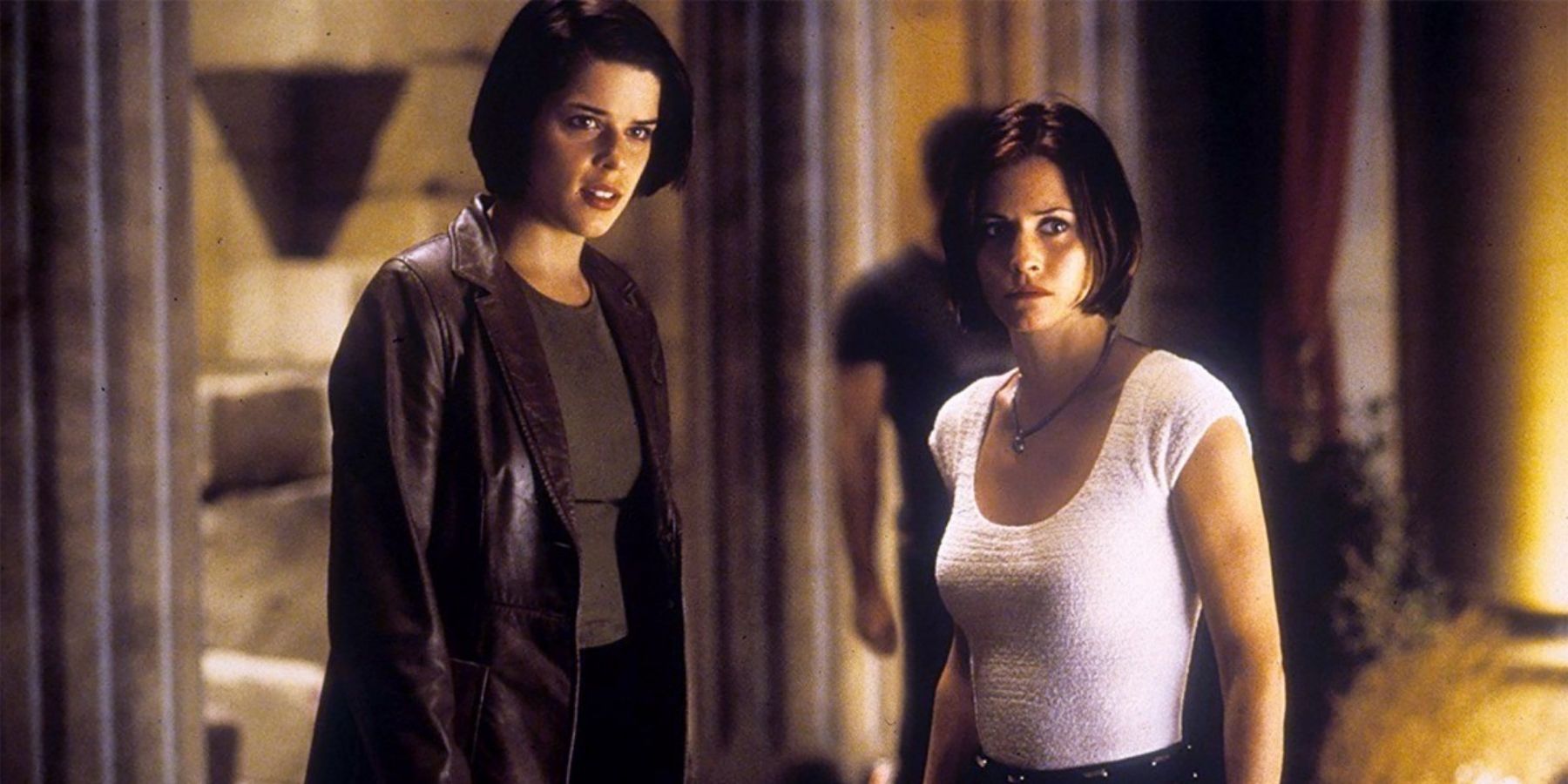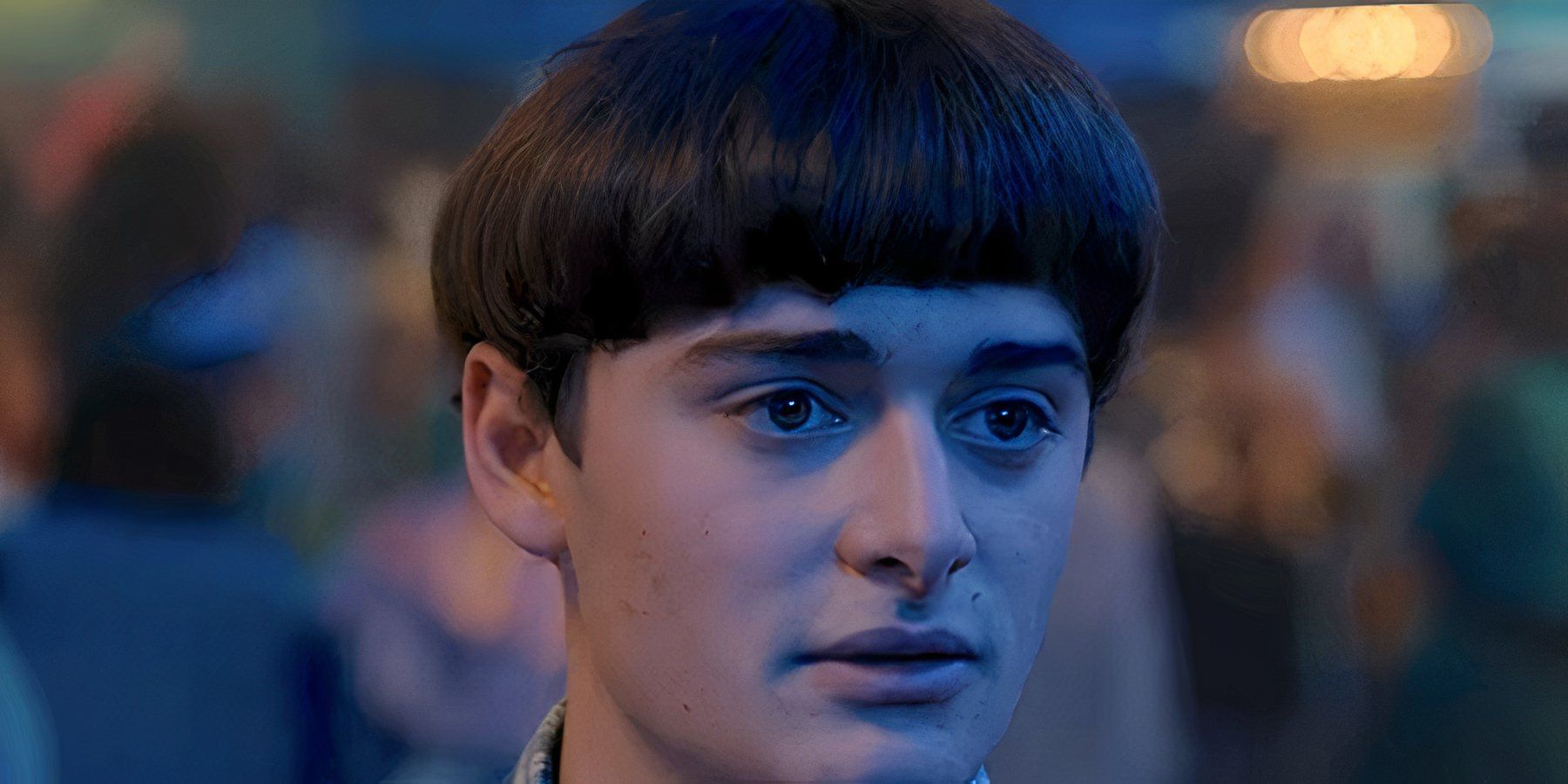So much of the lore around Lord of the Rings extends past the main story, as Tolkien invented and cataloged so much Middle-earth history that never even made it into Lord of the Rings. One of the more interesting elements of this far-reaching lore is the story of Númenor and its eventual fate. Though this isn't a story that's important to the plot of Lord of the Rings, it's still something that a lot of Tolkien fans find fascinating, and it would be cool to see it mentioned at some point, perhaps in Amazon's upcoming Rings of Power.
Númenor is sort of like Middle-earth's version of Atlantis, or perhaps more reminiscent of the Noah story from the Bible, though the whole story is a lot more complicated than that. The story of Númenor is actually fairly integral to Middle-earth's history, as it involved characters like Sauron and Elendil, and introduces the people group of the Dúnedain. This is everything that is important to know about Númenor, and particularly about why it was eventually destroyed.
In The Beginning
Númenor was an island in the Great Sea, located between Middle-earth and Aman. It was home to the Dúnedain, who were a people with unusually long lives and were said to have more power and wisdom than the other Men of Middle-earth. Aragorn is a descendant of the Dúnedain, which explains his lifespan. Númenor was brought out of the sea by Ulmo (who was essentially the God of the Sea) as a gift for the Edain (the noble Men of the First Age) as thanks for their part in the war against Morgoth. Elros, son of Eärendil, was the first King of Númenor, and the kingdom rose to great power and prominence during his rule.
The Númenóreans were banned by the Valar from sailing far to the West, because they didn't want them to come upon the Undying Lands, as Men were barred from that place. Instead, the Númenóreans sailed eastward and landed on the shores of Middle-earth. They formed an alliance with the Elves of Lindon and also made contact with the Men of Eriador and taught them different crafts.
The War With Sauron
In the Second Age, the Elves were at war with Sauron (who had once been a servant of Morgoth), because he had lied to the Elven smiths in Eregion and forged his master Ring with the intent of turning leaders across Middle-earth to his side of evil and taking over. Númenor had been establishing settlements all across Middle-earth, and they were now being attacked by raiders sent by Sauron as he drew closer to taking over the region of Eriador. Gil-galad sent word to the Númenóreans when Sauron finally invaded Eriador, calling for aid, but the fleet that was sent was delayed and only arrived after Eriador had been mostly ruined. However, the Númenóreans and the Elves managed to defeat Sauron in the Battle of the Gwathló and bring peace to the region again.
All of this really showcased the might and power of Númenor, and they started getting greedy. They wanted to expand their wealth and empire, and began colonizing settlements around Middle-earth and became tyrannical towards the "lesser" people groups they had liberated and taught, who were now being oppressed by those very "liberators". The Númenóreans also began to resent the ban that the Valar had put on them, and they desired the immortality of the Eldar that they believed they had been denied but rightfully deserved. Númenor became divided between the King's Men, who rebelled against the Valar by following only the king and abandoning Elven languages and customs, and the Faithful, who remained loyal to the Valar and were friends with the Elves.
The Fall of Númenor
The 25th king of Númenor, Ar-Pharazôn, sailed to Middle-earth with such a force that Sauron immediately surrendered to him. However, Sauron then poisoned the mind of the king and the other Númenóreans with him, promising them the eternal life they craved if they worshipped Morgoth. Sauron had Ar-Pharazôn build a 500-foot tall temple to Morgoth where human sacrifices were offered. Then, prompted by Sauron's influence as well as his own fear of death, Ar-Pharazôn sailed an armada into the West in an attempt to start a war with the Valar and take the Undying Lands.
When he attempted to invade, Manwë (chief of the angelic Valar) called upon Eru Ilúvatar (who was essentially the supreme deity of Arda), and he answered by "breaking the world". He trapped Ar-Pharazôn and his army in mounds of dirt in the Caves of the Forgotten until the final battle and removed Aman and Tol-Eressëa (the islands that were home to the Valar) from the spheres of Arda, which made the world round instead of flat.
Eru Ilúvatar then sunk the island of Númenor beneath a giant wave, killing all of the inhabitants including the body of Sauron, which prevented him from assuming "fair and charming forms". The only survivors were Elendil and his followers, as they were the remaining members of the Faithful and were warned in advance of Númenor's destruction and escaped to Middle-earth. They then founded the realms of Arnor and Gondor. After the fall, Númenor was referred to as Atalantë, meaning "the Downfallen" in the Quenya language.
During the Third Age, sailors from Gondor tried to search for the lost island, but were unable to locate it, though it was said that the peak of the Meneltarma (the sacred mountain of Númenor) could be seen above the waves, though this may have just been a legend. It's unclear what the ultimate fate of Númenor was, and whether it stayed underwater forever or if after the Dagor Dagorath (the end-times), it was recovered once the world was broken and made new again.







